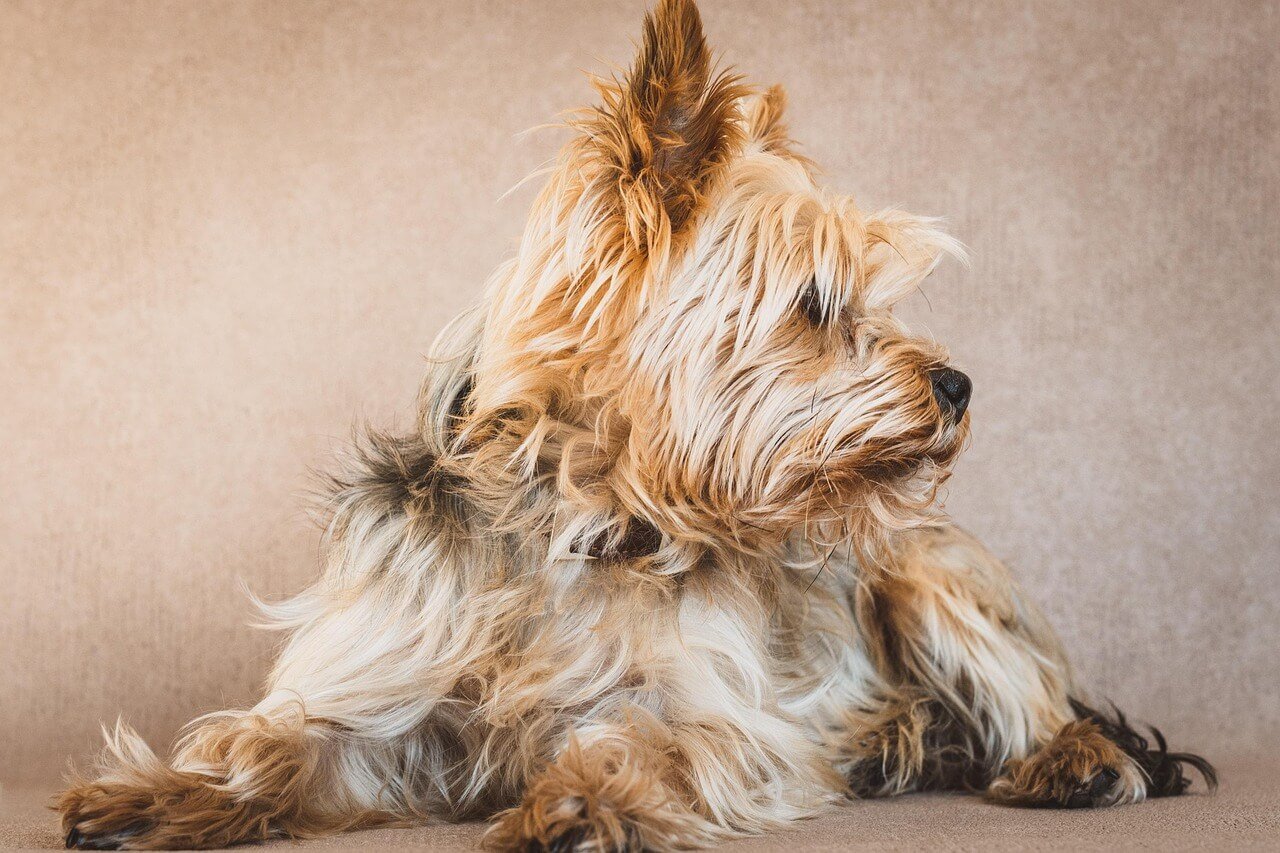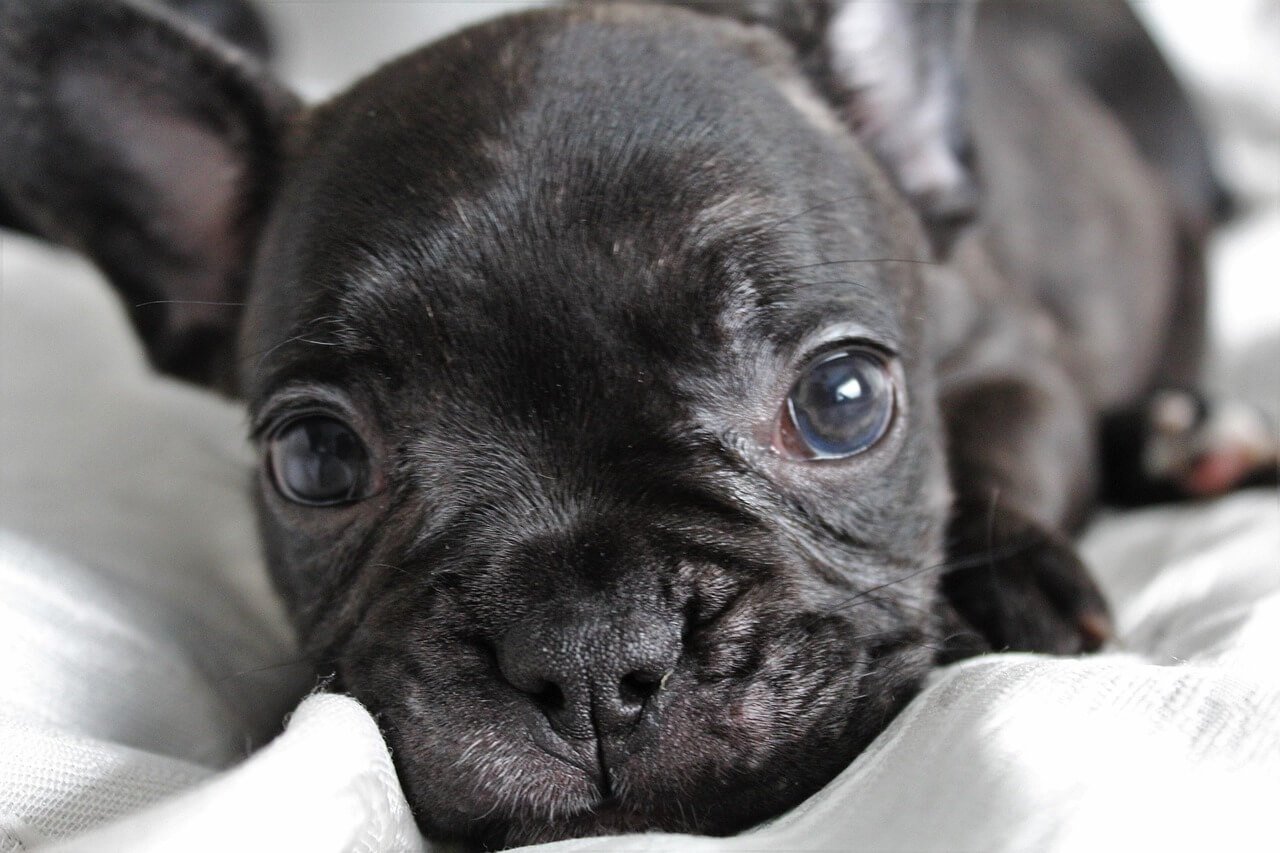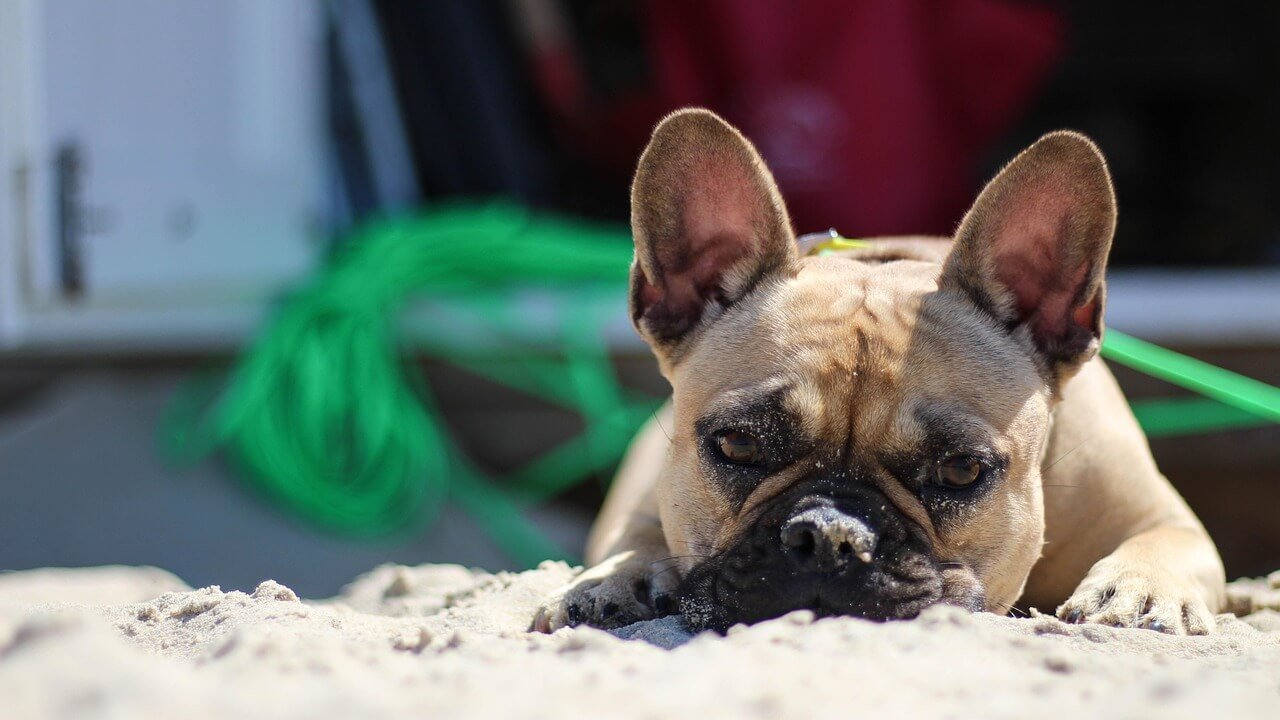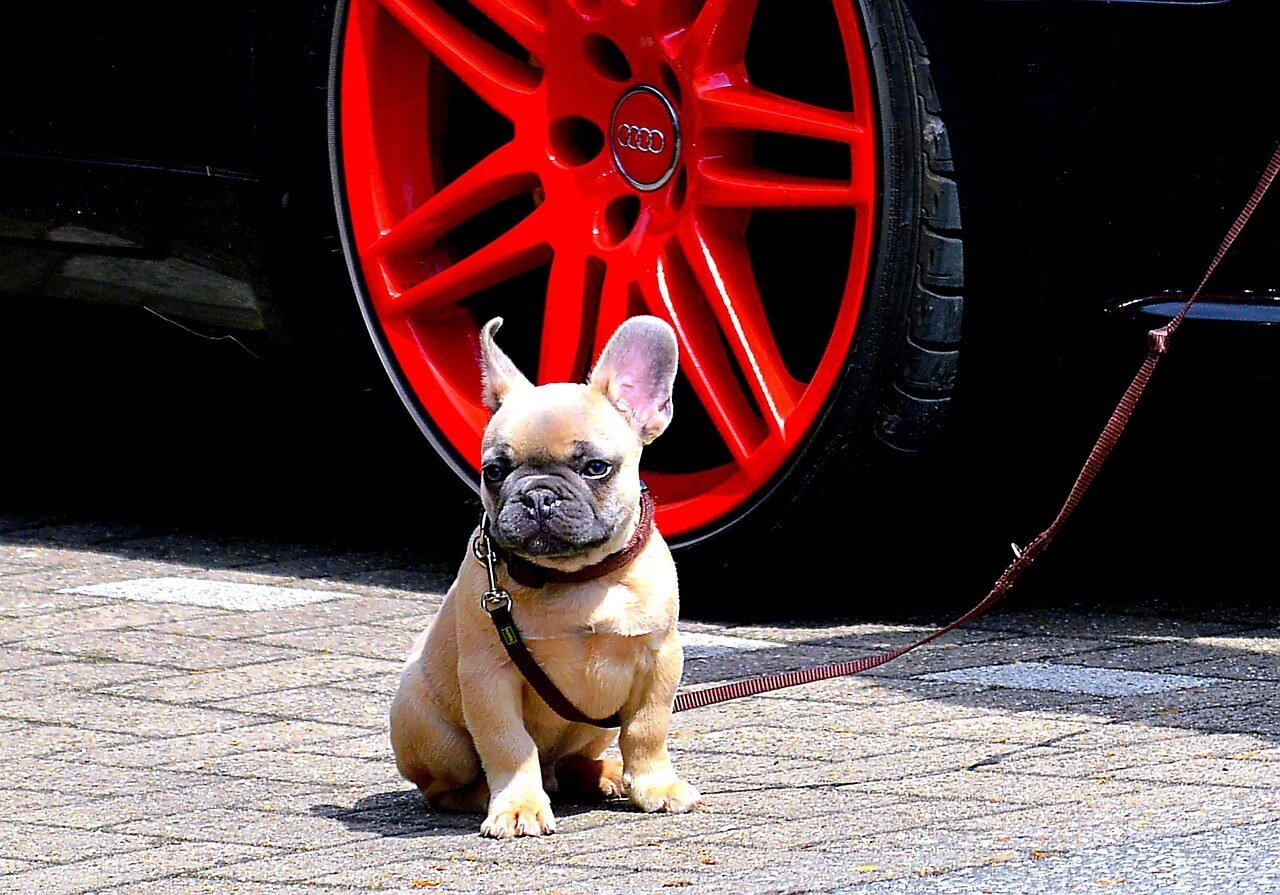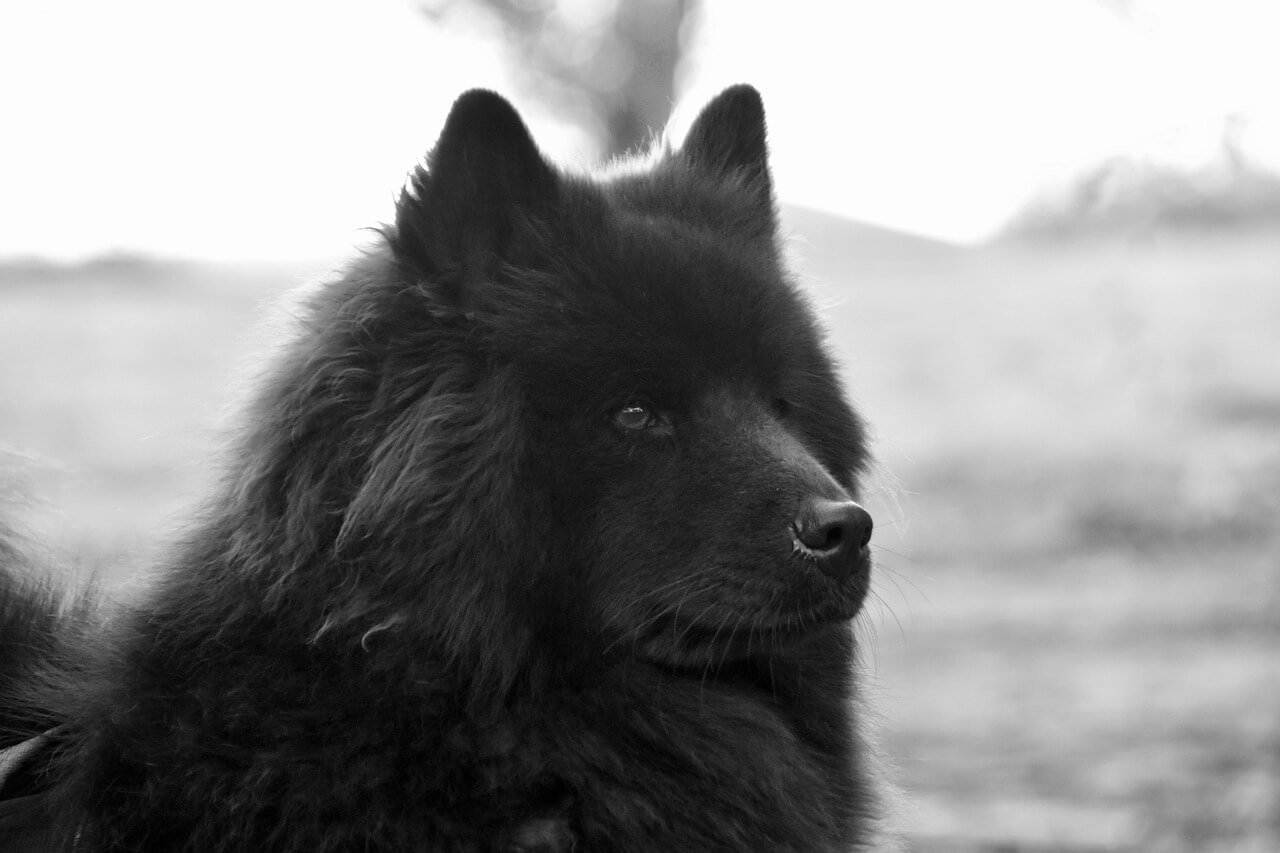Are Yorkshire Terriers Hypoallergenic? What You Need to Know
Yorkshire Terriers, affectionately known as Yorkies, are beloved for their small size, big personalities, and luxurious coats. For many potential pet owners, one of the most common questions is whether these adorable pups are hypoallergenic. People with allergies often seek out hypoallergenic breeds in hopes of minimizing symptoms like sneezing, itching, or watery eyes. But what does “hypoallergenic” really mean, and do Yorkshire Terriers fit the bill? In this blog post, we’ll explore the truth about Yorkshire Terriers and allergies, shedding light on their grooming needs, shedding habits, and whether they might be a good match for allergy sufferers. Let’s dive into the details and help you make an informed decision about bringing a Yorkie into your home.
What Does “Hypoallergenic” Mean for Dogs?
The term “hypoallergenic” is often misunderstood when it comes to dogs. While no dog is completely allergen-free, some breeds produce fewer allergens than others, making them more suitable for allergy sufferers. Here’s what you need to know about hypoallergenic dogs:
Allergens Come from Dander, Not Fur
Most dog allergies are triggered by proteins found in a dog’s skin (dander), saliva, or urine—not their fur itself.Low-Shedding Breeds Are Often Considered Hypoallergenic
Breeds that shed minimally tend to spread fewer allergens around the home.Frequent Grooming Can Help Reduce Allergens
Regular bathing and brushing can minimize dander and keep allergens under control.Individual Reactions Vary
Some people may tolerate certain breeds better than others, depending on their specific allergies.No Guarantee for Allergy Sufferers
Even hypoallergenic breeds can cause reactions in highly sensitive individuals.
Understanding these points sets the stage for evaluating whether Yorkshire Terriers are truly hypoallergenic and how they might fit into your lifestyle.
Are Yorkshire Terriers Hypoallergenic? Key Characteristics
Yorkshire Terriers are often labeled as hypoallergenic due to their unique coat and grooming requirements. However, it’s important to look closely at their traits to determine if they’re a good fit for allergy sufferers. Here’s what makes Yorkies stand out:
Minimal Shedding
Yorkies have hair-like fur that grows continuously instead of shedding seasonally, reducing the amount of dander released into the environment.Single-Layer Coats
Unlike double-coated breeds, Yorkies lack an undercoat, which means less shedding and fewer allergens.Regular Grooming Needs
Their long, silky coats require frequent brushing and trimming to prevent matting and maintain cleanliness.Small Size
As a toy breed, Yorkies produce fewer allergens compared to larger dogs, simply because they have less body surface area.Saliva and Urine Still Pose Risks
While their coats may be low-shedding, allergens in their saliva and urine can still trigger reactions in sensitive individuals.
These characteristics suggest that Yorkshire Terriers are a relatively hypoallergenic breed, but proper care and management are essential to minimize allergens.
Check this guide 👉Do Yorkshire Terriers Shed? Best 7 Expert Tips!
Check this guide 👉How Big Does a Yorkshire Terrier Get? Best 7 Expert Tips!
Check this guide 👉Yorkshire Terrier Lifespan: Best 7 Expert Tips!

Pros of Owning a Yorkshire Terrier for Allergy Sufferers | Cons to Consider |
|---|---|
Minimal shedding reduces airborne allergens | Frequent grooming required |
Small size means fewer overall allergens | Saliva and urine can still trigger allergies |
Luxurious coat is easy to maintain with regular care | May not be suitable for severe allergies |
Ideal for apartment living | Requires consistent cleaning routines |
Loyal and affectionate companions | Potential for allergic reactions varies |
Tips for Managing Allergies with a Yorkshire Terrier
If you’re considering a Yorkshire Terrier despite having allergies, there are steps you can take to reduce allergens and create a harmonious living environment. Here are some practical tips:
Bathe Your Yorkie Regularly
Frequent baths (every 1–2 weeks) can help remove dander and keep allergens at bay. Use a gentle, hypoallergenic shampoo.Brush Their Coat Daily
Daily brushing prevents loose hairs and dander from spreading around your home.Clean Your Home Thoroughly
Vacuum carpets, wash bedding, and wipe down surfaces regularly to minimize allergen buildup.Limit Access to Certain Areas
Keep your Yorkie out of bedrooms or other allergy-sensitive zones to reduce exposure.Invest in Air Purifiers
HEPA air purifiers can trap allergens and improve indoor air quality for allergy sufferers.
By implementing these strategies, you can enjoy the companionship of a Yorkshire Terrier while keeping your allergies manageable. Consistency is key to maintaining a comfortable home environment.
Alternatives to Yorkshire Terriers for Allergy Sufferers
If a Yorkshire Terrier doesn’t seem like the right fit for your allergy concerns, there are other breeds worth considering. Here are some hypoallergenic alternatives that might suit your needs:
Poodles
Available in standard, miniature, and toy sizes, Poodles are renowned for their intelligence and low-shedding coats.Bichon Frise
This cheerful breed has a fluffy, hypoallergenic coat and thrives in family environments.Schnauzers
Miniature Schnauzers are small, lively companions with minimal shedding tendencies.Portuguese Water Dogs
Known for their curly, non-shedding coats, these dogs are active and loyal additions to any household.Shih Tzus
With their single-layer coats and playful personalities, Shih Tzus are another option for allergy sufferers.
Each of these breeds offers unique qualities, so consider your lifestyle and preferences when choosing a hypoallergenic companion. Always spend time with a dog before committing to ensure compatibility.
Fun Facts About Yorkshire Terriers and Their Coats
Yorkshire Terriers are known for their stunning coats, which contribute to their hypoallergenic reputation. Here are some fascinating facts about their fur and grooming habits:
Their Hair is Similar to Human Hair
Yorkies have hair that grows continuously, much like human hair, instead of shedding like traditional dog fur.Coat Colors Can Change Over Time
Puppies are often born with black and tan coats, but their colors may lighten or change as they mature.Historically Bred for Practicality
Yorkies were originally bred to catch rats in mines and mills, so their long coats served a protective purpose.Show Dogs Require Extensive Grooming
For dog shows, Yorkies’ coats are often styled into elaborate topknots and trimmed to perfection.Low Odor Compared to Other Breeds
Yorkies tend to have less of a “doggy smell” than other breeds, thanks to their minimal shedding and dander.
These fun facts highlight the unique qualities of Yorkshire Terrier coats, making them both beautiful and practical companions.
Common Misconceptions About Hypoallergenic Dogs
There are several myths surrounding hypoallergenic dogs that can lead to confusion for potential pet owners. Clearing up these misconceptions helps set realistic expectations. Here’s what you need to know:
Myth: Hypoallergenic Dogs Don’t Shed
While hypoallergenic breeds shed minimally, no dog is completely free of shedding or allergens.Myth: Allergy-Friendly Breeds Are Suitable for Everyone
Even hypoallergenic dogs can cause reactions in highly sensitive individuals.Myth: Short-Haired Dogs Are Better for Allergies
Short-haired breeds often shed more, spreading allergens more widely than low-shedding breeds.Myth: Hypoallergenic Dogs Require Less Grooming
In reality, many hypoallergenic breeds, including Yorkies, need regular grooming to maintain their coats.Myth: Bathing Alone Eliminates Allergens
Bathing reduces allergens temporarily, but consistent cleaning routines are necessary for long-term management.
By understanding these truths, you can make informed decisions about bringing a hypoallergenic dog into your home.
Tips for Traveling with a Yorkshire Terrier
Yorkshire Terriers are small, portable dogs that make excellent travel companions. However, traveling with any pet requires preparation and planning. Here are some tips to ensure smooth travels with your Yorkie:
Pack a Travel Kit
Include essentials like food, water, a leash, waste bags, and medications in case of emergencies.Use a Comfortable Carrier
Choose a well-ventilated, secure carrier that fits under airplane seats if flying or provides comfort during car rides.Keep Them Calm During Travel
Bring familiar items like a favorite blanket or toy to reduce stress in unfamiliar environments.Plan for Bathroom Breaks
Schedule regular stops to let your Yorkie stretch their legs and relieve themselves during long trips.Check Pet Policies Ahead of Time
Whether you’re staying at a hotel or flying, confirm pet policies to avoid last-minute surprises.
With proper planning, traveling with a Yorkshire Terrier can be a rewarding experience for both you and your furry friend. Their adaptability and charm make them ideal companions for adventures near and far.
Frequently Asked Questions About Yorkshire Terriers and Allergies
Are Yorkshire Terriers completely hypoallergenic?
No, no dog is entirely hypoallergenic, but Yorkies are considered a good option for allergy sufferers due to their minimal shedding.
How often should I bathe my Yorkshire Terrier?
Bathing every 1–2 weeks is recommended to keep allergens under control and maintain their coat health.
Do Yorkshire Terriers shed a lot?
No, Yorkies shed very little compared to other breeds, thanks to their single-layer, hair-like coats.
Can I own a Yorkshire Terrier if I have severe allergies?
It depends on your sensitivity; some people with severe allergies may still react to Yorkies despite their hypoallergenic traits.
What grooming tools work best for Yorkshire Terriers?
A slicker brush, detangling comb, and high-quality clippers are essential for maintaining their luxurious coats.
Finding the Perfect Companion: Yorkshire Terriers and Allergies
Yorkshire Terriers are undeniably charming dogs with a reputation for being hypoallergenic due to their minimal shedding and manageable coat. While they aren’t completely free of allergens, their unique traits make them a great choice for many allergy sufferers. By understanding their grooming needs, maintaining a clean home, and taking proactive steps to manage allergens, you can enjoy the joy and companionship of a Yorkie without compromising your health. Remember, every individual reacts differently to pets, so spending time with a Yorkshire Terrier beforehand is crucial to ensure compatibility. With love, care, and attention to detail, a Yorkshire Terrier could become your perfect hypoallergenic companion, filling your life with laughter, loyalty, and endless affection.
How to Train a French Bulldog: Best 7 Expert Tips! Discover effective strategies for obedience, socialization, and behavior management. Perfect for new Frenchie owners!
How Much Does a French Bulldog Cost? Best 7 Expert Tips! Discover essential advice on pricing, expenses, and budgeting for your new Frenchie companion today!
How Long Do French Bulldogs Live? Best 7 Tips! Discover the average lifespan of French Bulldogs and learn expert strategies to maximize their health and happiness.
What Can I Give My Dog for Immediate Pain Relief? Best 7 Tips - Discover safe remedies, natural solutions, and expert advice to help your dog feel better fast. Prioritize their health today!

